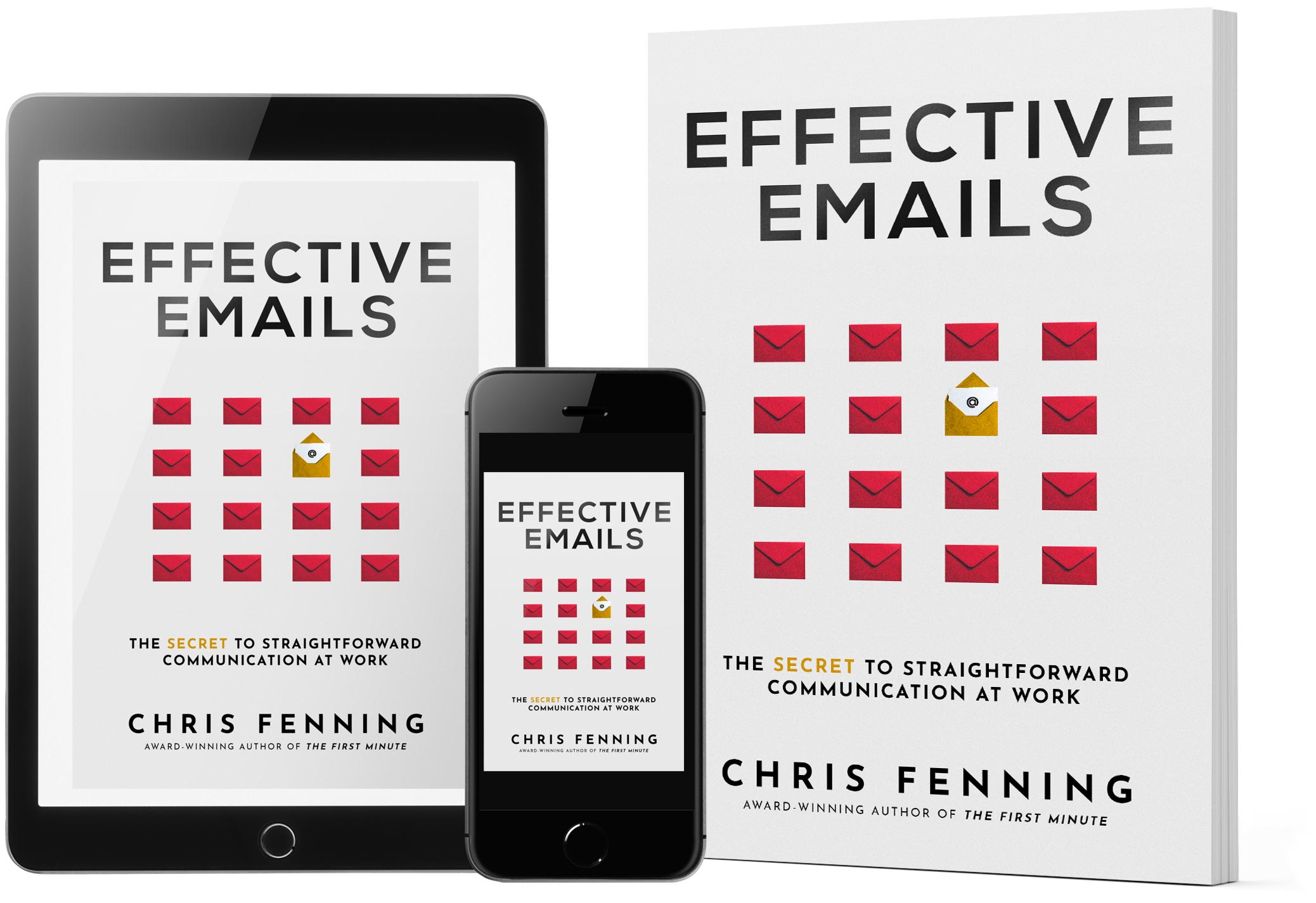If you are wondering why email subject lines are important, it’s because people choose which email to open based on the subject line and who the message is from. The only one of those you can easily influence is the subject line. The ideal subject line is a headline for the message, it shows the importance (or not) of the message, and the reader will know what the message is about and what they should do with it.
That may seem like a lot to fit into a single subject line but not only is it possible but it’s necessary. Your subject lines influence whether people will read your emails or not. That’s why email subject lines are important.
The subject line says what your message is about
An email subject line is like the headline of a newspaper article. It tells the reader what the message is about.
When you pick up a newspaper or magazine you see a range of headlines and pick which one to read first.
The headline tells you enough about the story for you to work out if you want to continue reading. It is also short and easy to read.
The same thing is true for emails in an inbox. Every subject line is the headline for the rest of the message. In most inboxes people only see the headline, and perhaps the first line of the message. That is all the information the recipient sees before choosing to read or scroll on by. And when viewing email on a phone the space is even less, so the headline of your message must really stand out.
Email subject lines tell us how important a message is
Email is not an instant communication method. Sure, the message arrives within a few seconds, but that doesn’t mean the recipient will see or read it immediately. It’s not the same as calling someone on the phone.
If your message is urgent you need to make it stand out from the crowd.
Some email services let you add tags, flags, or icons to show the importance of a message. The recipient then sees the ‘urgent’ icon and knows it is important. But, not all email applications and provider support these things. And the problem is you can’t always know what email service your recipient is using.
![]()
So what do you do? The solution is to use the subject line to indicate the urgency of your message. There are many ways to indicate urgency. Here are some examples of words you can add at the start of a subject line to show it is important.
- URGENT
- PLEASE READ
- REPLY NEEDED BY 10am
- IMPORTANT
- MUST READ
The use of capital letters isn’t required but helps the message stand out in the list of emails only showing sender and subject line information. If you’re interested in learning more, check out this article on how to show an email is urgent.
Keep in mind, if a topic is urgent, pick up the phone or go and see the person. Nothing is better than phone, video, or face to face contact to convey urgency.
Subject lines tell the reader what they should do with the email
When you send an email, it’s because you want the recipient to do something with the information. Do they need to read and reply to it now, or is the information not needed until next month? Are you asking for help? Need a decision? Giving them an instruction? Are you answering a question they want to know the answer to? Giving someone a heads up about something? The list goes on, but you get the point.
If the receipt doesn’t know what they’re meant to do with a message, they can’t assess how important it is or how time-sensitive it is to prioritize properly. If your subject line doesn’t show them these things but someone else’s email does, which do you think will get read first?
A good subject line includes a clear statement of what the email is about. Whoever receives your email will understand it and can evaluate whether they should open and read the message, and you’ve effectively reduced the chances that your message won’t be opened/read or prioritized appropriately.
Conclusion
There you have it, three reasons why email subject lines are important. Subject lines:
- Tell the reader what the message is about
- Show how important a message is
- Let the reader know what they should do with the message
If your business email subject lines do these three things you are making it easy for the recipient to choose if and when to read your email.
Learn more with my book
Effective Emails

- Do you want fewer frustrating emails at work?
- Would you like replies that actually answer your questions?
- How about getting your team to send shorter, clearer messages?
If you answered yes to any of these questions, this book is for you (and your team).
Effective Emails is a straightforward guide to removing the pain from writing and receiving emails at work. It’s the communication skills class we needed at school but didn’t get.
